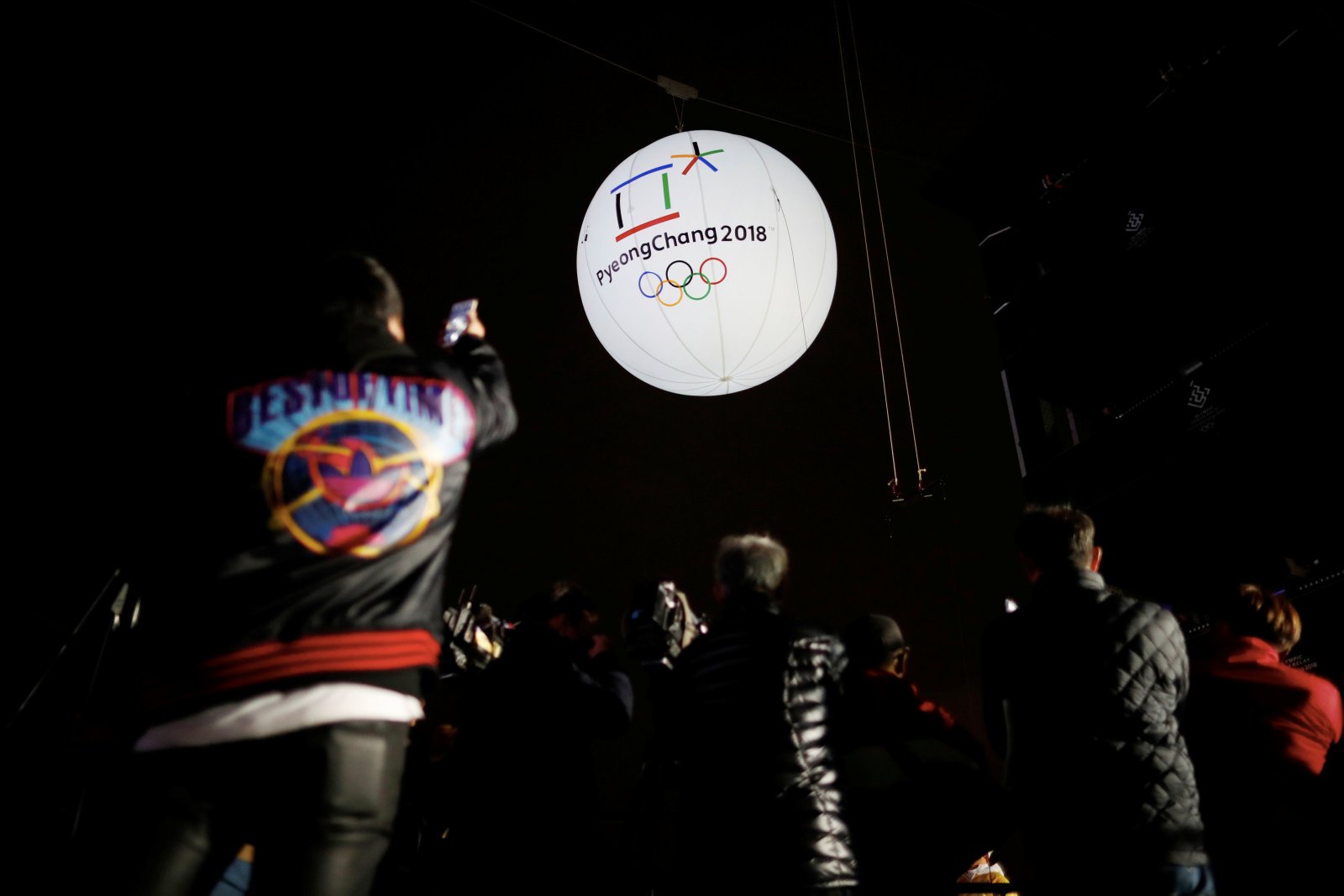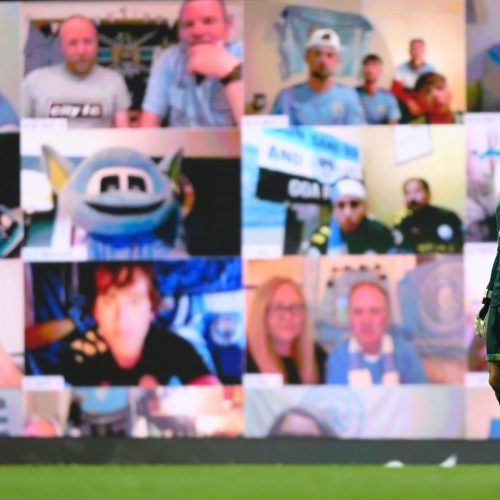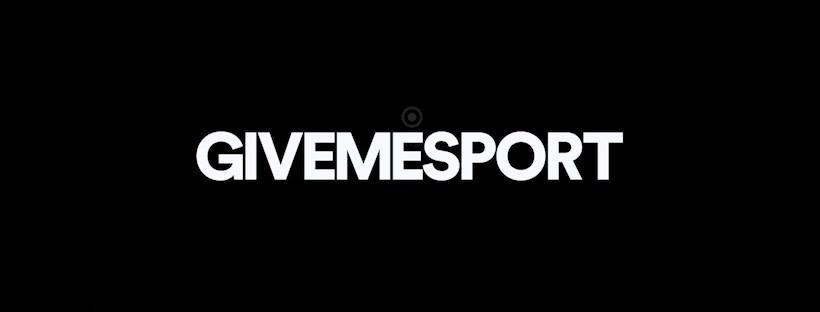Winter Olympics will be an insight into the current power of live streaming
It is rare that the sporting calendar is dominated by one event. This summer’s World Cup will likely get almost blanket coverage, whilst Olympic Games get the same treatment. In February, another Winter Games comes to our screens and the world will once again get hooked on sport.
February, however, is a hard time to compete for space. The Premier League is in full swing, whilst football all over the world is always a huge draw whilst European club football will return. And the Six Nations will pit old enemies against each other when it starts just before the Winter Games, too.
Then there’s the problems that winter sports have in countries where snow, ice and the requisite hills aren’t a common winter feature – at least, not in the quantities needed to make ice hockey, speed skating or skiing a national sport. That means there’ll be plenty of competition for the Winter Olympic Games when it comes to reaching viewers in the UK.
But there are two factors which will certainly help: one is the draw of the Olympic name, and the other, that of the BBC. And for those looking beyond the sport itself, February will be a fascinating month in which to gauge the impact of live-streaming, social media and free-to-air broadcasting at the start of 2018.
The free-to-air broadcasting of the Winter Games in the UK is a particularly interesting case study, in fact. It’s just a fact that Winter sports are inherently less popular in the UK than the sports making up the Summer Games. Sport has a mystical, romantic draw to many people, who watch out of tradition and measure it to past events. There are few winter sports with which the UK has the same emotional link as it does to the football or rugby which will be broadcast at the same time, or even to the athletics or swimming of the Summer Games.
As a result, participation isn’t as high, and Team GB won’t do as well as they would at a summer games – though with each passing year they seem to do better and better. And yet the likes of curling seems to take on a new role as a beloved national sport for a couple of weeks every four years.
In a way, this is the perfect example of what free-to-air broadcasting can do. The Olympic Games is, of course, a massive event in the sporting calendar, but you get the feeling that, if it were ever to be walled off behind a PayTV barrier, it’s the Winter Games which would lose out the most – certainly in the UK. Instead, a large free-to-air platform makes it a national event regardless of whether the public even knows much about the athletes on show.
This particular games will be interesting on the live-streaming side of the coin, too.
The conversation around OTT and live-streaming is slowly becoming about how traditional media and streaming aren’t really all that different. We’re starting to talk about how apps, smart TVs and devices like Chromecast essentially mean that live-streaming from your sofa is just as easy and comfortable flicking on the TV. To all intents and purposes, it’s the same experience if you want it to be: turn on the TV, choose your content and there it is on the big screen.
That said, the time difference between the UK and Pyeongchang, South Korea, will mean that most events will take place quite early in the morning UK time, and will be winding down when people are commuting or at work. That means highlights packages will be important, but so too will live-streaming in the way that most people still think of it: that is, as a way of keeping up with the action while you’re traveling or can’t get to a TV. Creating quick video highlights for social media will also be of vital importance.
The Olympics is clearly the biggest show of the lot when it comes to sport. But the Winter Games this year will be a good place to check in with the state of this merging that we’re starting to see between platforms like the BBC – along with social media platforms who are increasingly big-time broadcasters – take on the role of free-to-air platforms in the live-streaming world, too. And the effect they can have on the likes of the Winter Olympics could be huge.
Next month, despite difficult conditions with regards to the political climate on the Korean peninsula and the furore around doping which has seen the Russian team banned, the Winter Olympics will still manage to capture the imagination of millions around the world, including plenty of viewers in the UK who aren’t always a natural audience for winter sports. And lots will be down to the power of live-streaming platforms taking on the role of free-to-air broadcasters.
About author
You might also like
Interview: Nielsen Sports’ Spencer Nolan Discusses Covid-19’s Impact on Sport Media Rights and the Commercial Sport Landscape
Digital Sport’s Rupert Pratt and Thomas Smith recently sat down with Nielsen Sports Managing Director for the UK & Ireland, Spencer Nolan, to discuss Covid-19’s impact on sport media rights
Snack Media acquire Facebook’s largest global sports publisher, GIVEMESPORT
Snack Media today announced that its acquisition of GIVEMESPORT will create one of the largest sports publishers in the UK, further strengthening its offering to advertisers, rights holders and independent media owners.
Rupert Svendsen-Cook talks Veloce and the future of brands in the eSports industry
By Shania Bedi eSports is an undoubtedly booming industry, so much so that the International Olympic Committee have considered including it at future Olympic Games. Most of us are aware










